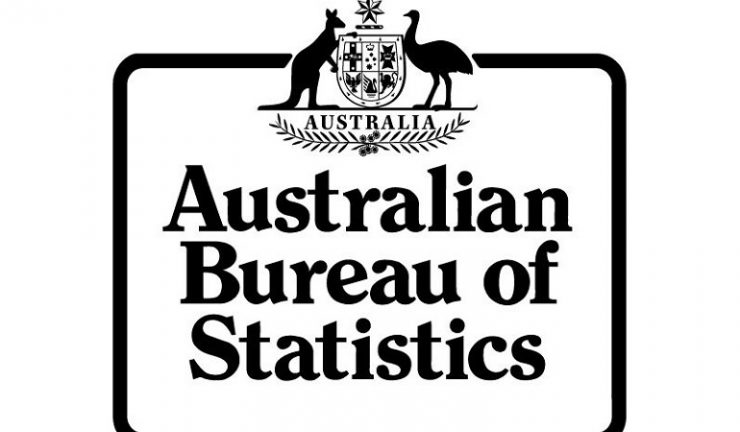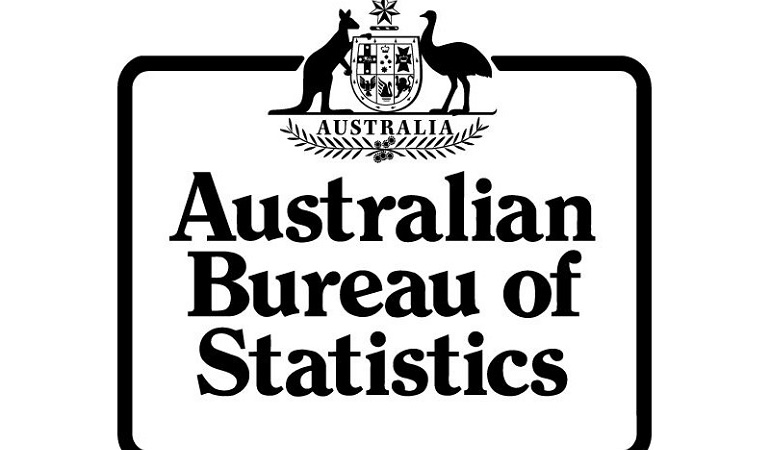Figures described as “alarming”.
It was good news for department stores in the latest Australian Bureau of Statistics retail trade figures for September. In seasonally adjusted terms, department stores rose 2.1% but there were slight falls in household goods retailing, down 0.4%. Nationally there were rises in NSW, Queensland, South Australia, Tasmania and the ACT and falls in Western Australia and the Northern Territory, while Victoria was unchanged. Online retail turnover contributed 4.4% to total retail turnover. Overall retail turnover was steady, following a fall of 0.5% in August and 0.3% in July.
Responding to the latest figures, the Australian Retailers Association said these represented a disappointing move towards Christmas, with executive director Russell Zimmerman describing them as “extremely frightening this close to the biggest trading period of the year”. Zimmerman also had a message for the government, urging it to refocus on increasing disposable income. “With Christmas not too far away, and the ARA Roy Morgan Pre-Christmas Sales Predictions to be released in a couple of weeks, these figures are in all honesty alarming,” he said. “The category that’s been hit hardest in September was household goods with a -1.14% year-on-year growth.”

The softness in Sydney house prices is starting to impact consumer spending on household goods with hardware and building (-4.22%), electrical goods retailing (-1.12%) and furniture (2.98%) all showing a big drop in year-on-year growth, he said. “These figures show an obvious weakness in consumer confidence. If Australians aren’t feeling wealthy they will spend less, and this weakness is an issue across the board.”
The only retail category showing a slight increase was food retailing (2.85%), however this growth is still nowhere near the growth figures the retail industry received at the start of the year, Zimmerman said.
Retailers are facing a very challenging environment, according to the National Retail Association. “These results demonstrate the importance of every measure that gives business any opportunity to remain competitive, such as gradually reducing weekend penalty rates to more sensible levels,” CEO Dominique Lamb said. “It also should give government reason to pause and consider the impacts of their decisions every time they roll out policy that will add to cost or red tape for retail business owners.”
The results showed the importance of the upcoming Christmas and Boxing Day shopping period, with the coming months a make or break for many retailers. “They will be looking for a strong Christmas result to carry them through the New Year,” she said.

